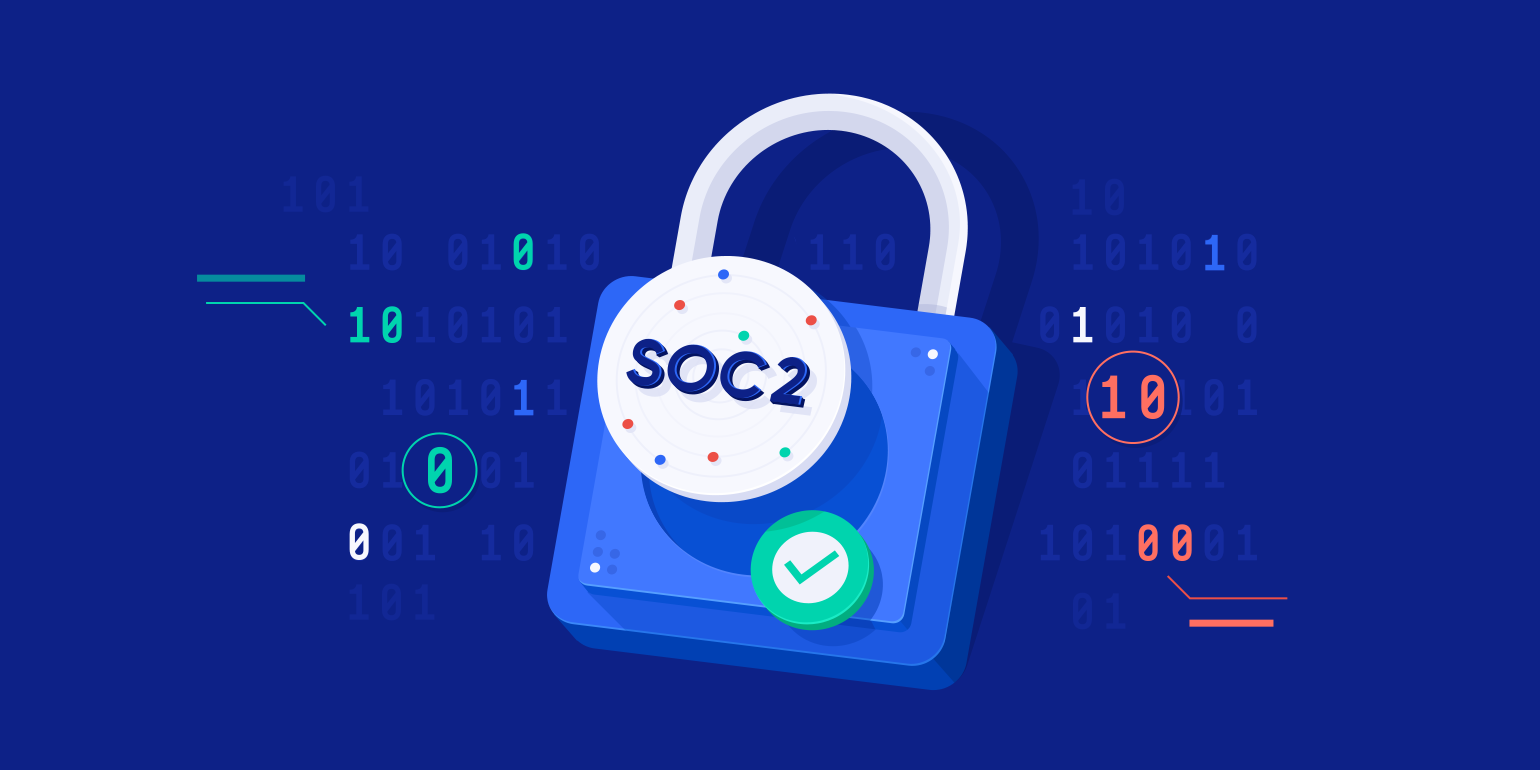In an increasingly digital world where data breaches and cyber threats are a constant concern, customers are becoming more cautious about sharing their sensitive information with organizations. Building and maintaining trust has become paramount for businesses that handle customer data. One effective way to demonstrate commitment to data security and privacy is through SOC 2 certification. In this article, we will explore the significant role that SOC 2 certification plays in building customer trust.
Understanding SOC 2 Certification
SOC 2, short for “Service Organization Control 2,” is a widely recognized framework for assessing the security, availability, processing integrity, confidentiality, and privacy of customer data by service organizations. It was developed by the American Institute of CPAs (AICPA) to provide an industry-standard benchmark for evaluating an organization’s controls related to customer data protection.
A SOC 2 audit involves a thorough examination of an organization’s policies, procedures, and security measures to ensure they meet the specified criteria. These criteria are categorized into five trust principles:
Security: Evaluates the effectiveness of security controls to protect against unauthorized access, both physical and logical.
Availability: Assesses the organization’s ability to ensure that systems and services are available for operation and use as agreed upon.
Processing Integrity: Examines the reliability and accuracy of processing data throughout its lifecycle.
Confidentiality: Focuses on the protection of sensitive information from unauthorized disclosure.
Privacy: Assesses how personal information is collected, used, retained, and disclosed in compliance with applicable privacy regulations.
Building Customer Trust with SOC 2 Certification
Customers are increasingly discerning when it comes to sharing their valuable data, and they demand assurance that their information will be handled with the utmost care and security. This is where SOC 2 certification steps in as a pivotal component in the trust-building process.
SOC 2, short for “Service Organization Control 2,” is a recognized framework for assessing an organization’s commitment to safeguarding customer data. It goes beyond mere compliance and serves as a tangible demonstration of a company’s dedication to data security and privacy. In this article, we’ll delve into the multifaceted role of SOC 2 certification in fostering trust with customers and enhancing an organization’s reputation in an increasingly competitive business landscape.
Let’s explore how achieving SOC 2 certification not only benefits an organization internally but also strengthens its external relationships, bolsters transparency, mitigates risk, and ultimately provides customers with the peace of mind they seek in a data-driven world.
- Demonstrating Commitment to Data Security
One of the most immediate benefits of achieving SOC 2 certification is that it showcases an organization’s commitment to safeguarding customer data. Customers are increasingly aware of the risks associated with sharing their information, and they seek assurance that their data will be handled responsibly. SOC 2 certification provides that assurance by verifying that an organization has robust security controls in place.
- Meeting Industry Standards
In today’s competitive landscape, businesses often need to adhere to industry-specific regulations and standards to stay relevant. This certification for SOC 2 is widely recognized and accepted across various industries, making it a valuable credential. It demonstrates that an organization is aligning itself with best practices and industry standards for data security and privacy.
- Strengthening Third-Party Relationships
Many organizations rely on third-party service providers to deliver critical services. When a service provider holds SOC 2 certification, it instills confidence in its clients that their data is in safe hands. This trust is particularly crucial for businesses that outsource tasks involving sensitive data, such as cloud hosting, payroll processing, or customer support.
- Enhancing Transparency
Transparency is a cornerstone of trust. SOC 2 certification involves a detailed audit process that examines an organization’s internal controls and processes. By sharing the results of this audit with customers, organizations can be transparent about their data security practices and demonstrate their commitment to protecting customer data.
- Mitigating Risk
Data breaches can result in significant financial and reputational damage. SOC 2 certification helps organizations identify and address vulnerabilities and weaknesses in their systems and processes before they can be exploited by malicious actors. This proactive approach reduces the risk of data breaches and associated liabilities.
- Competitive Advantage
In a crowded marketplace, having SOC 2 certification can give organizations a competitive edge. It sets them apart as leaders in data security and privacy, making them a preferred choice for customers who prioritize the safety of their sensitive information.
- Peace of Mind for Customers
Ultimately, SOC 2 certification provides peace of mind for customers. When they see the SOC 2 seal, they know that an organization has undergone a rigorous assessment of its data security practices and is committed to protecting their data. This reassurance can lead to stronger customer relationships and increased loyalty.
Conclusion
In an age where data breaches and cyber threats are daily concerns, customer trust is more valuable than ever. SOC 2 certification serves as a powerful tool for organizations to build and maintain that trust. By demonstrating a commitment to data security, meeting industry standards, and enhancing transparency, organizations can position themselves as trustworthy stewards of customer data. In doing so, they not only mitigate risks but also gain a competitive advantage in today’s data-centric business landscape.

